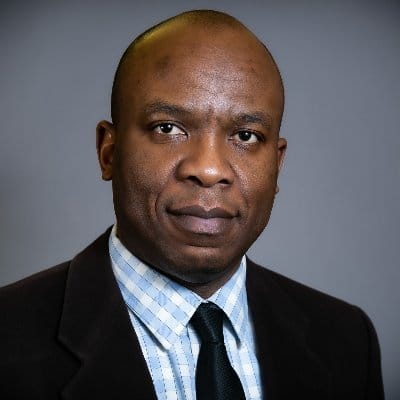By Abidemi Adebamiwa
Question Nigerians Keep Asking
Every election season, Nigerians ask the same question. Can we ever get a governor or president who is truly clean, a leader without baggage, without obligations to godfathers, financiers, or old compromises? The honest answer is that the odds are stacked against it. The way our political system is structured makes clean politics nearly impossible.
Cost Of Power
One of the biggest barriers is the cost of running for office. A governorship race requires billions, while a presidential race demands even more. Those who provide the funds often expect influence or returns once their candidate is in power. Scholars like Yagboyaju have shown how this dependency fuels corruption and steadily erodes public trust in institutions.
Weight Of Godfathers
The influence of godfathers deepens the problem. In almost every state, aspirants cannot even get on the ballot without the blessing of powerful backers. These backers hold the structures, the delegates, and the connections, and once they help candidates win, they typically demand a share of influence. Studies by Ameh and Chukwuemeka confirm how this culture produces instability, mediocrity, and corruption across Nigeria.
Pressure Of Expectations
Even leaders who come in with good intentions face crushing expectations from society. Constituents believe politicians must spend on them personally, whether for weddings, burials, school fees, or community projects. A leader who refuses is branded stingy and risks rejection at the next election. The 2019 UNODC survey on corruption confirmed that such payments are central to how Nigerians experience governance.
Shadow Of Security Votes
The lack of transparency in state finances makes things worse. Governors control massive security votes, billions of naira that are not audited or publicly explained. A recent ICPC conviction of a Sokoto Rima River Basin official over the diversion of a relatively modest ₦305,000 shows how even small sums can be abused. If accountability takes years to resolve cases involving thousands, questions naturally arise about how billions in untracked funds are managed.
Beyond Nigeria
What happens in Nigeria also fits into a larger global pattern. Security votes, in particular, are among the least accountable streams of public finance. Commentators have warned that because these funds are not subject to audit, they are vulnerable to misuse and may extend beyond formal government offices. Such observations highlight how fragile accountability really is, because once funds are hidden, the risk of abuse rises and detection becomes nearly impossible.
When Fiction Mirrors Reality
Popular culture has not ignored this problem either. In one episode of Law and Order, a fictional governor covered his tracks at all costs until his wife planned a murder, and even though he turned on her to save himself, his past misdeeds forced him to resign. Stories like this mirror the real pressures leaders face when trying to hold power at all costs. After leaving Chicago, where I had spent three years, I later heard that a former professor was indicted for allegedly diverting federal funds, and I could not ignore how most of Illinois’ past governors ended up in prison for corruption.
Fragile Institutions And Public Trust
These parallels remind us that corruption is not uniquely Nigerian. What makes the Nigerian case more troubling is how weak institutions and inconsistent enforcement deepen the problem. Analysts and reports, including the Chatham House study Taking Action Against Corruption in Nigeria, have noted that anti-corruption agencies are sometimes perceived as politicized, focusing more on opponents than allies. This perception erodes public trust and reinforces the belief that accountability depends less on facts and more on political alignment.
Chance For Change
The truth is that even leaders who set out with clean hands often end up with baggage. The problem is not simply their personal character but the political order that forces compromise at every turn. Clean governance will only become possible if Nigeria reforms campaign finance, strengthens institutions, and changes public expectations. Nigeria’s politics can be different, but it will take hard choices and systemic reforms to make integrity more than a slogan.
Further Reading
Godfatherism in the Politics of Nigeria: An Exposé (2025) – Ameh and colleagues examine how political godfathers shape elections and policymaking, showing why many leaders enter office with obligations that undermine accountability.
Give Them Their Rights: A Review of Godfather and Godson Politics (Enugu Case Study) – Chukwuemeka’s team highlights how godfather influence has destabilized governance and fueled corruption at the state level, with lessons for the rest of the country.
Godfatherism and Its Effects on Nigeria’s Democracy (2023) – Oghuvbu’s work explores how patronage, power-brokers, and weak institutions damage the credibility of Nigeria’s democratic process.
Corruption in Nigeria: Patterns and Trends (2019, UNODC Survey) – One of the largest corruption surveys ever conducted in Nigeria, revealing how everyday bribery and unofficial payments dominate citizen–government interactions.
Taking Action Against Corruption in Nigeria (2025, Chatham House Report) – A policy-focused study showing how uneven enforcement and lack of transparency keep corruption alive, and what reforms could strengthen accountability.
Abidemi Adebamiwa is a political analyst and the Managing Editor of Newspot Nigeria.

